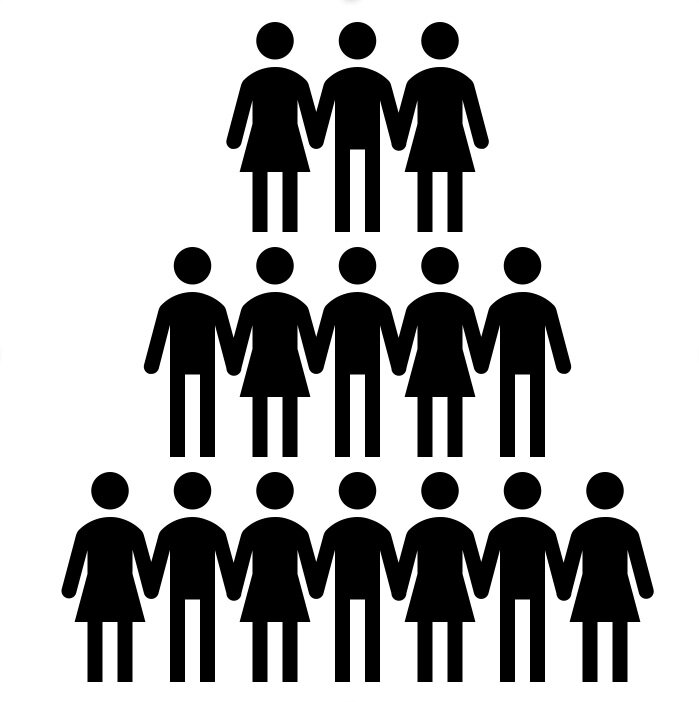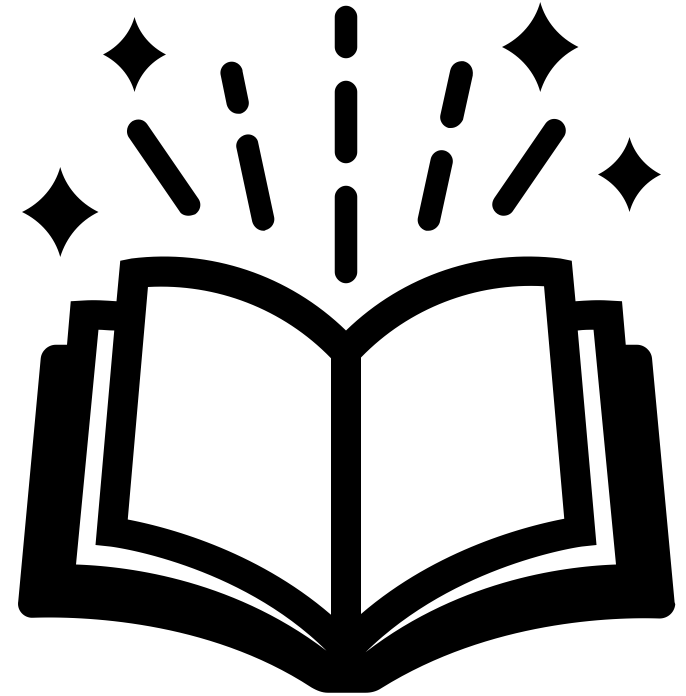Lindsey Reymore and I were the co-chairs of Future Directions of Music Cognition. After the initial plans for an in-person conference were put on hold due to the coronavirus crisis, the Future Directions organizing committee decided to turn the conference into two parts:
A 2-day virtual conference (March 2021), including a proceedings journal
A series of 15 keynote lectures, spread out over four months (February—May 2021)
15 Week Speaker Series
The aim of this series was to look forward and think about where various subfields of music cognition are headed in academia and outside the academy. The series was aimed at scholars of all ages, including undergraduate and graduate students of music, as well as professors who will mentor scholars in a post-Covid world.
On the future of music research (David Huron)
Use-inspired music cognition: Designing cognitively informed musical interventions for the brain (Psyche Loui)
Town hall on anti-racism in music cognition (Dominique Vuvan & the SMPC Anti-Racism committee)
Career preparedness through alumni engagement (Roman Holowinsky)
Music theory as junk science, and how and why we need to fix it (Justin London)
Alt-ac panel from speakers with Music PhDs (Suhnne Ahn, Nell Cloutier, Dana DeVlieger, Lindsay Warrenburg)
What the history of computational musicology can tell us about the future of corpus studies (Daniel Shanahan)
The future of music cognition through the lens of music notation (Joe Plazak)
New frontiers in the genetic basis of musicality (Reyna Gordon)
Empathic listening: Music and the social mind (Zachary Wallmark)
Analyzing the perceptual effects of orchestration practice through the lens of auditory grouping principles (Stephen McAdams)
Melody and rhythm: Effects on tempo determination (Leigh VanHandel)
Musicality and gene-culture coevolution (Aniruddh Patel)
Music cognition between the sciences and the humanities (Elizabeth Hellmuth Margulis)
From compassion to being moved: Social emotions evoked by music (Jonna Vuoskoski)


















